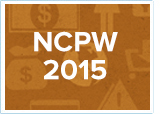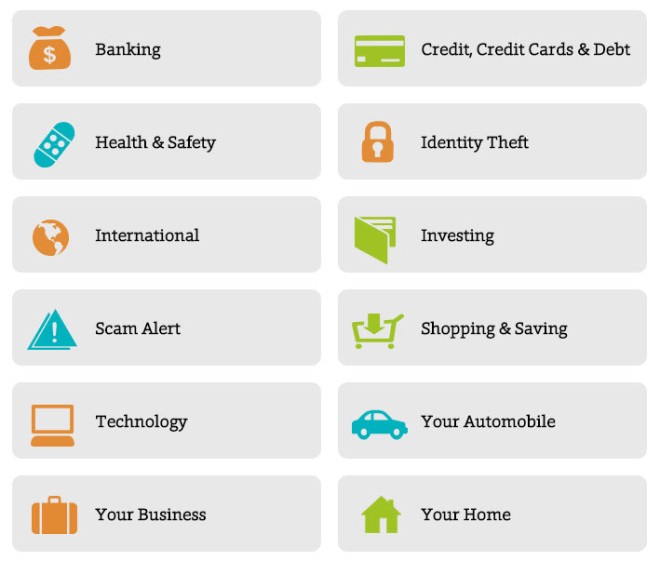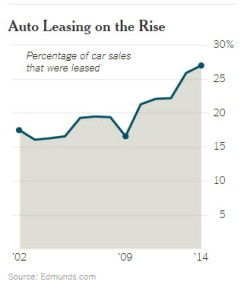This, the last of a four part series published to coincide with the National Consumer Protection Week, March 1-7 (NCPW), focuses on the CT Department of Consumer Protection (CTDCP). Since so many of our members reside in Connecticut, it just seemed appropriate.
The three previous articles:
CTDCP: Mission Statement: To ensure a fair and equitable marketplace, safe products and services for consumers in the industries that we license, regulate and enforce.
In a nutshell, the CTDCP looks out for consumers by the following:
We License: Each year, the Department of Consumer Protection issues over 200,000 licenses, registrations, and permits for more than 200 types of jobs and businesses, including pharmacies, liquor stores, casinos, mobile home parks, electricians, home improvement contractors, lottery agents and real estate brokers, to name just a few. We also oversee food and beverage industries, to ensure safety and wholesomeness. We regulate gasoline retailers and home heating fuel dealers, and oversee the production and distribution of all prescription medication in the state.
We Regulate: We enforce many federal and state laws, investigate consumer complaints and mediate disputes between consumers and businesses. The Connecticut Unfair Trade Practices Act gives us broad authority over unfair business activity and offers the possibility of financial restitution for consumers who have been unfairly treated. The Pure Food, Drug and Cosmetic Act, the State Child Protection Act and the Weights and Measures Act also help us safeguard residents from harmful products and from unfair or dishonest treatment.
We Monitor: To protect citizens from unfair businesses and unsafe products, we continually monitor the marketplace and remove tainted, fraudulent, and dangerous products from store shelves. We inspect gasoline pumps, scales and all measuring devices used in business to ensure their accuracy. We prevent the illegal sale or prescribing of prescription drugs, and we work to put scam artists out of business and to keep alcoholic beverages away from minors and intoxicated persons. We also ensure the integrity of all forms of legalized gaming.
We Protect: A written complaint is the first step a consumer must take to alert us of a problem. We carefully review each complaint, investigate as needed, and work to find a solution that restores fairness, ensures legal compliance, and wherever possible and appropriate, provides monetary restitution to the consumer.
Wow!
That’s a pretty broad sweep of responsibility. There’s no way that we could tell you all about it, except by republishing their web site, and nobody wants that.
But Be Informed!
Still, most everyone at sometime or other has need for services and products from providers that CTDCP regulates and monitors, so it really isn’t a bad idea to have a working knowledge of the CTDCP structure and what regulations it applies to protect us, the Connecticut consumers. So, read on for a short overview of the CTDCP organization and how it protects us. Not a bad idea to bookmark their web site as well: CTDCP. Continue reading




